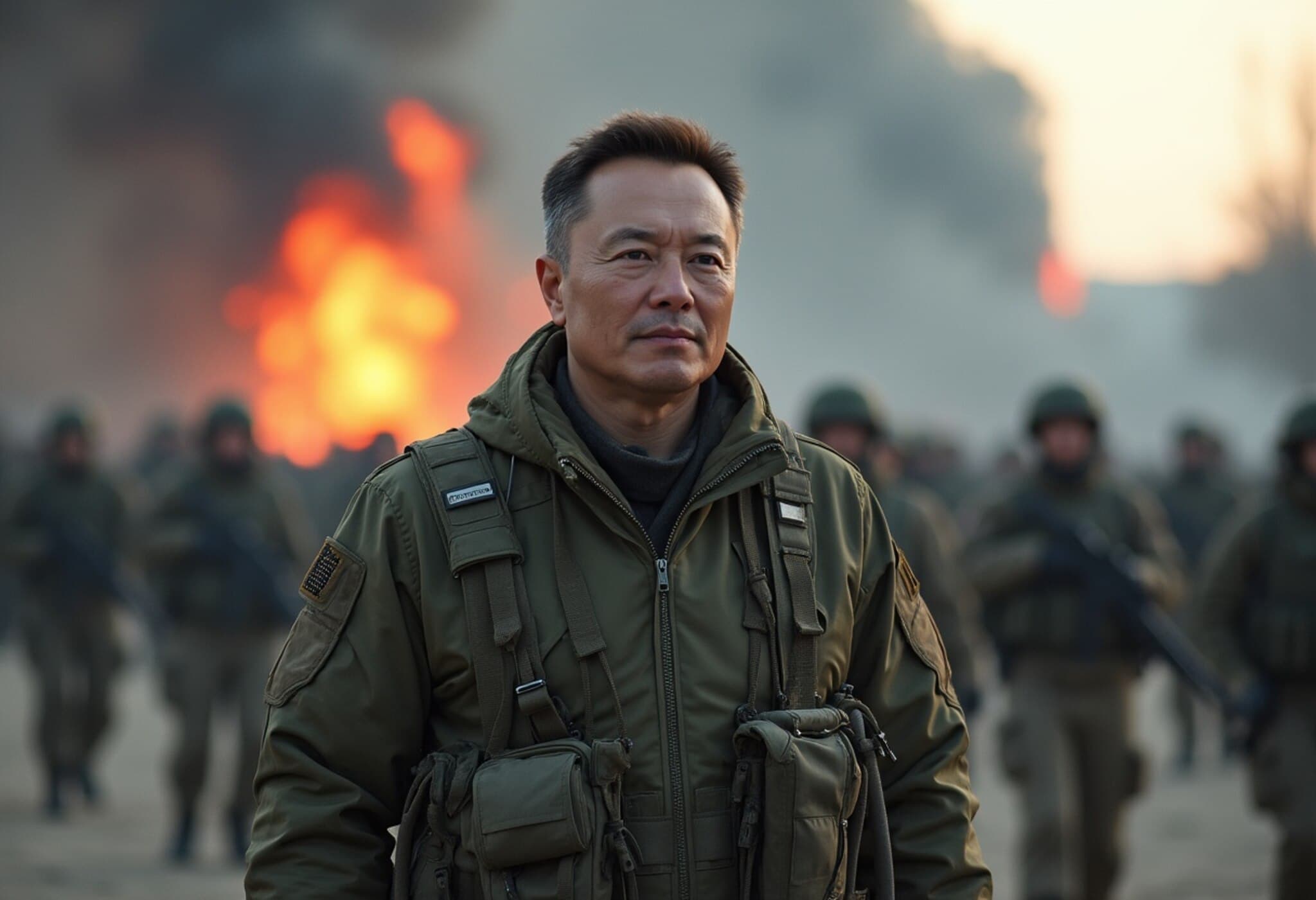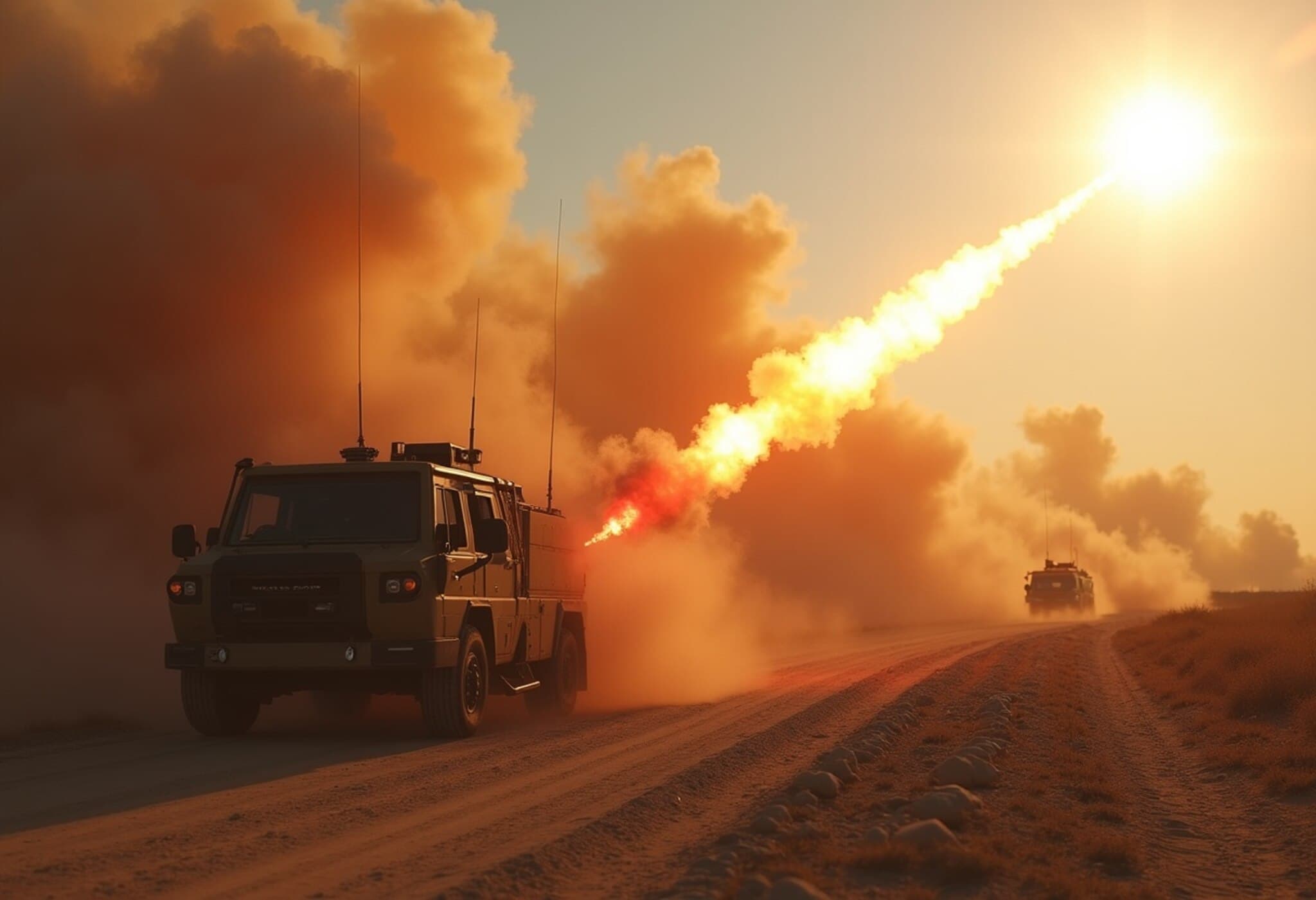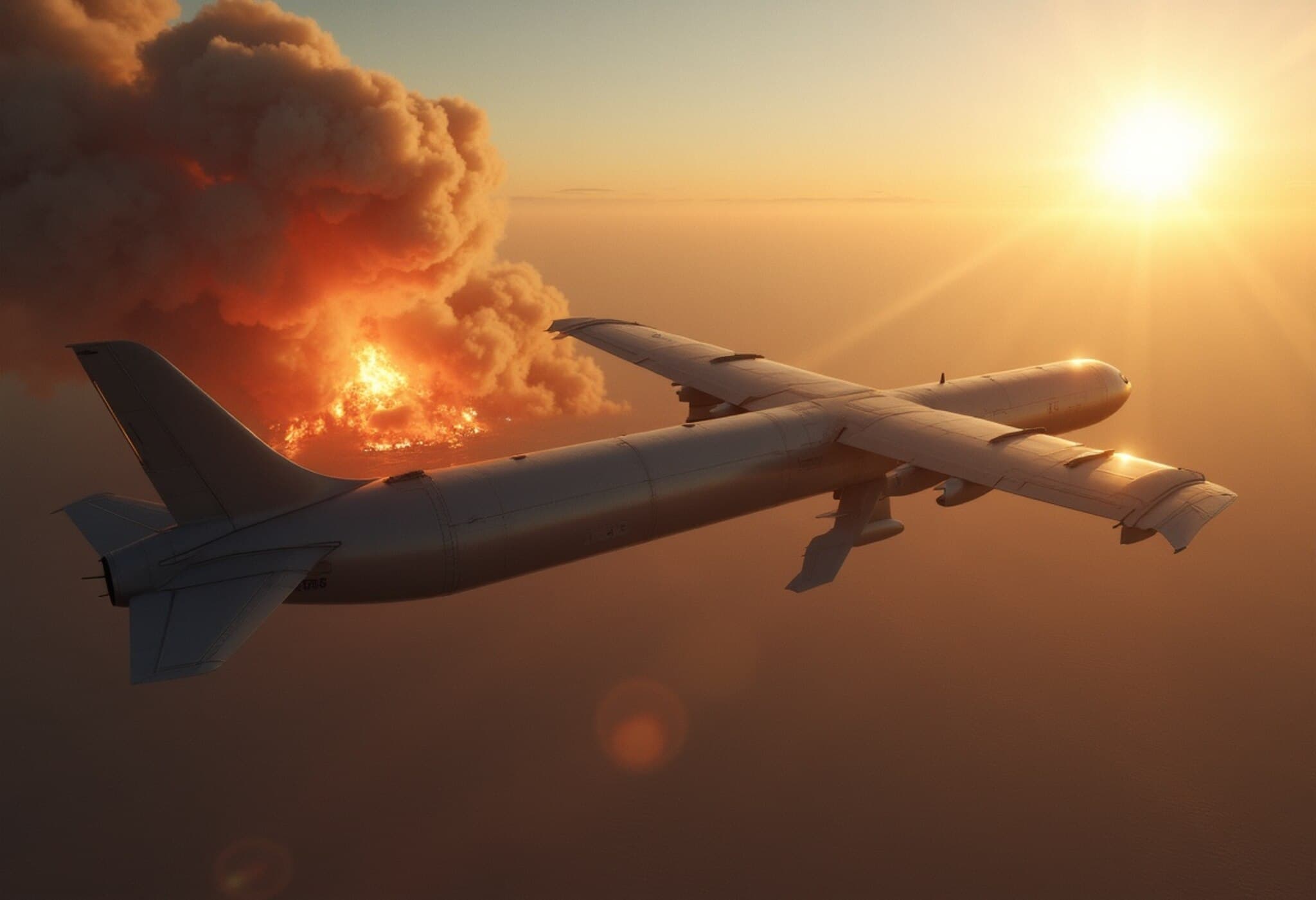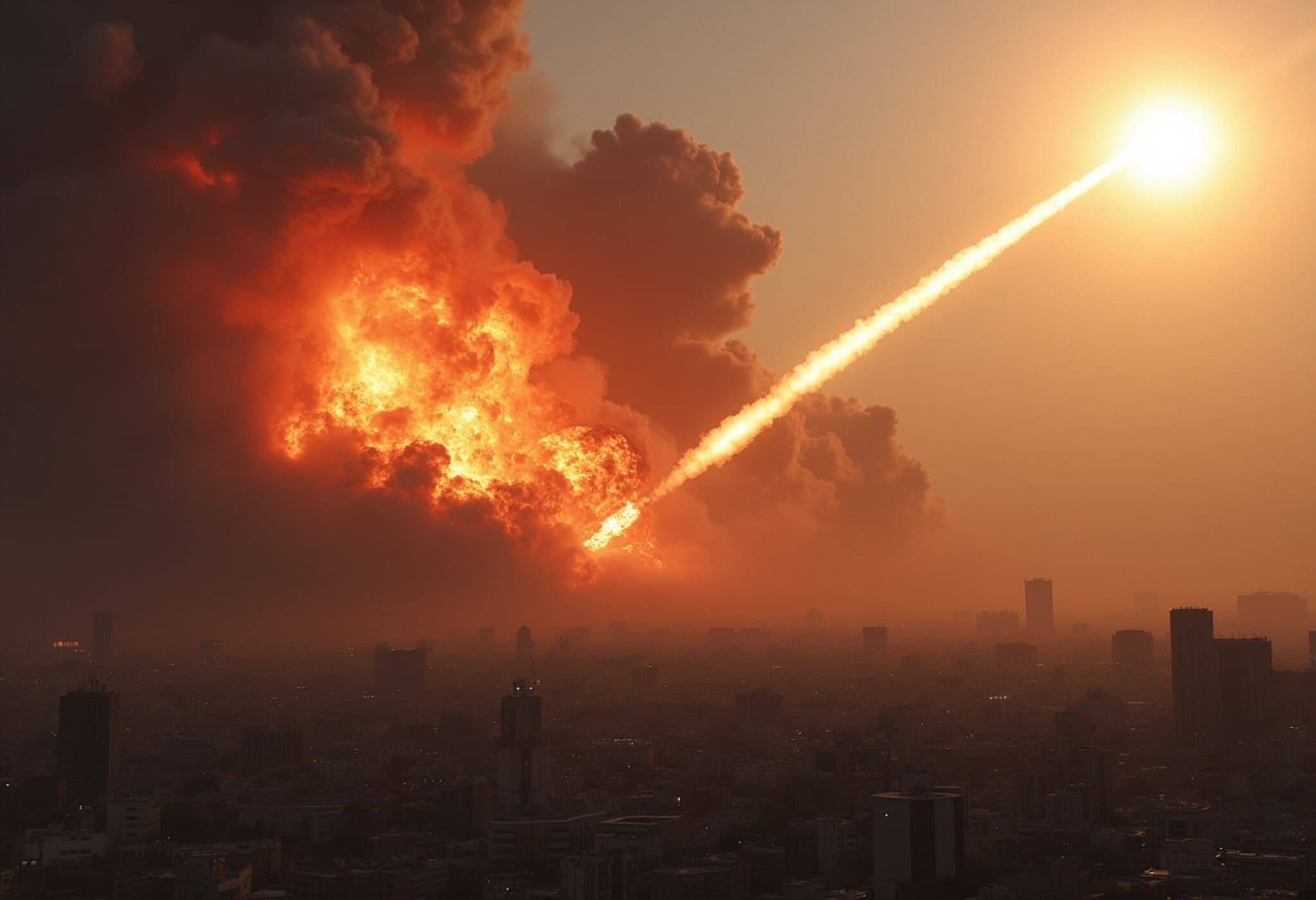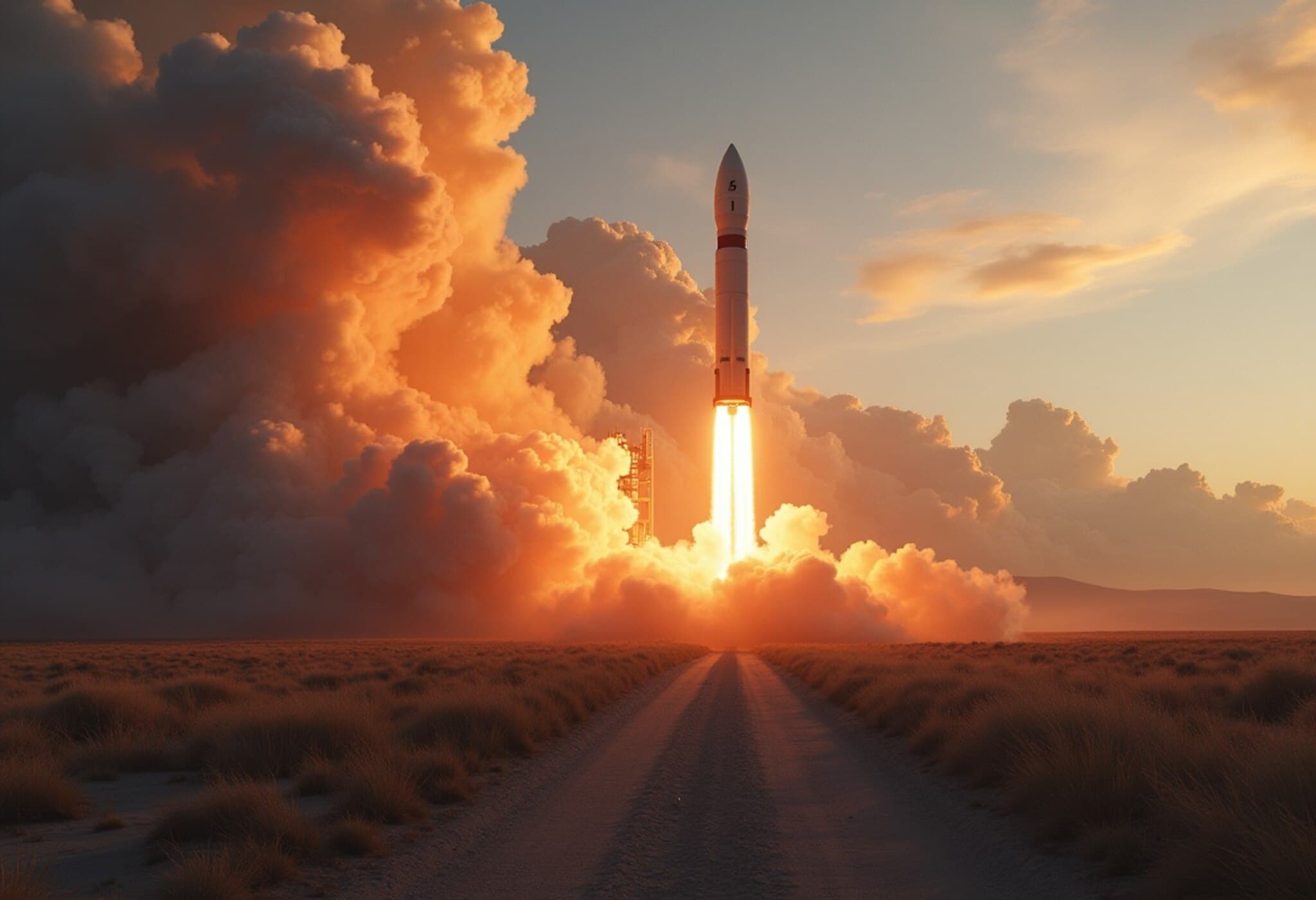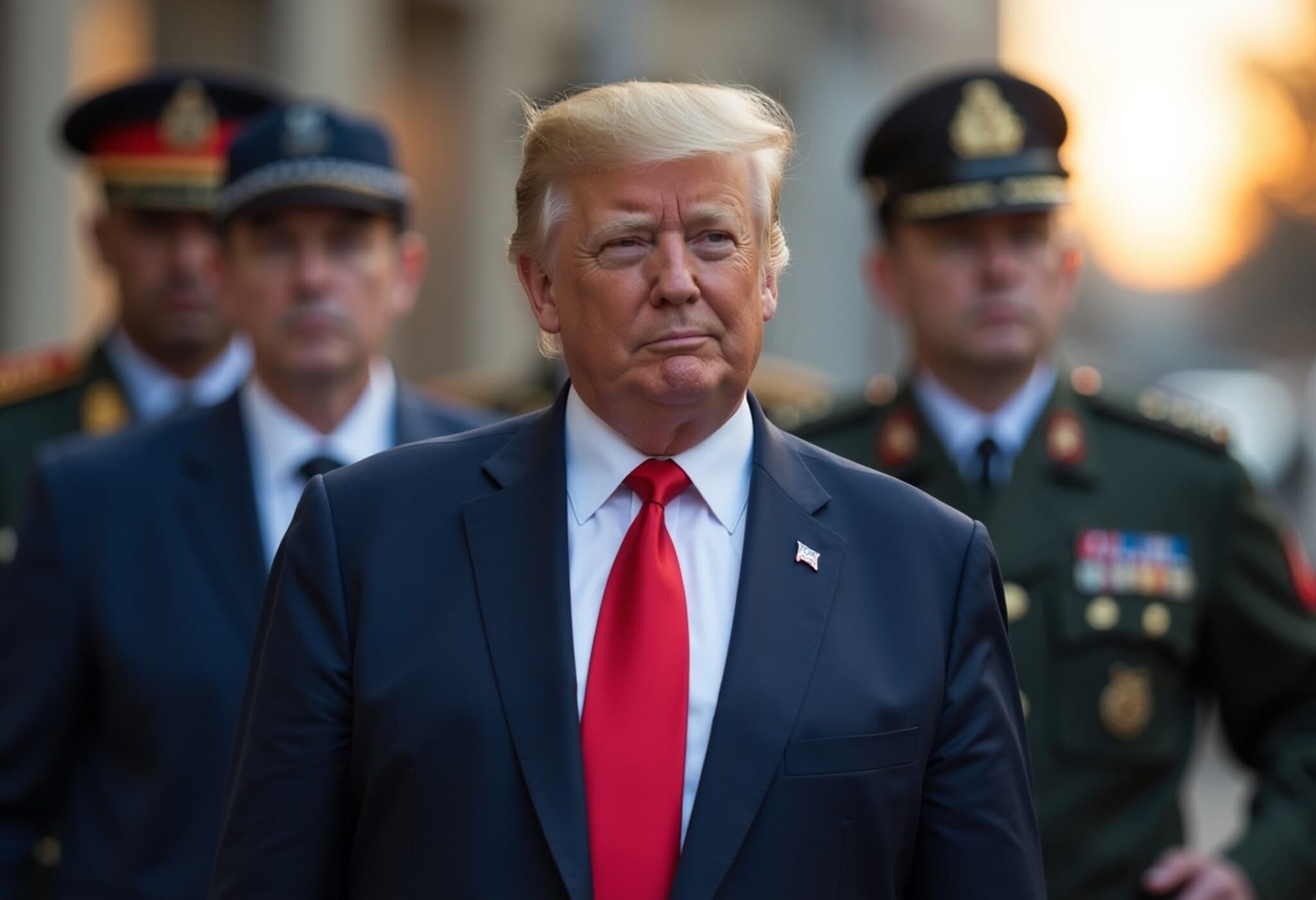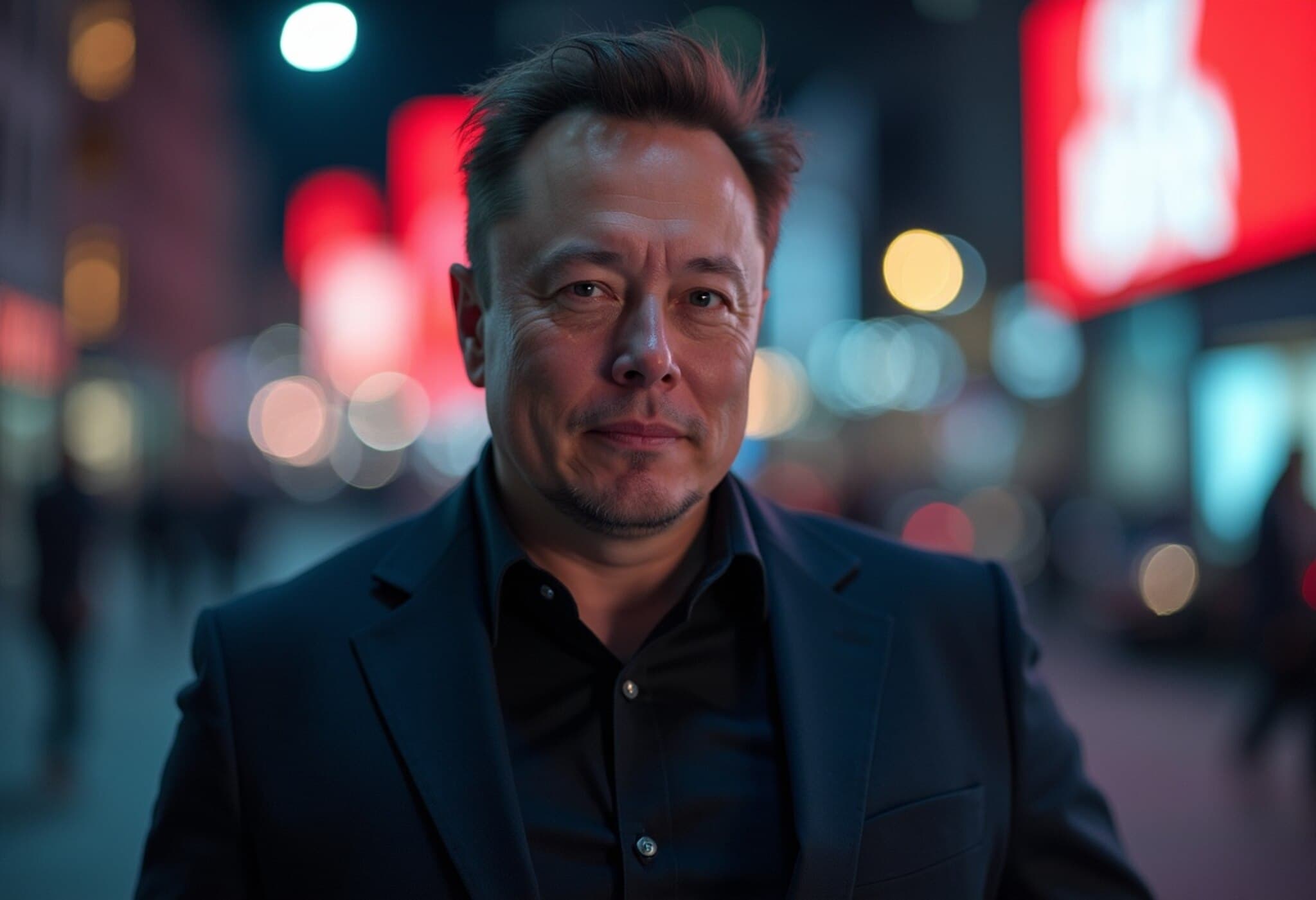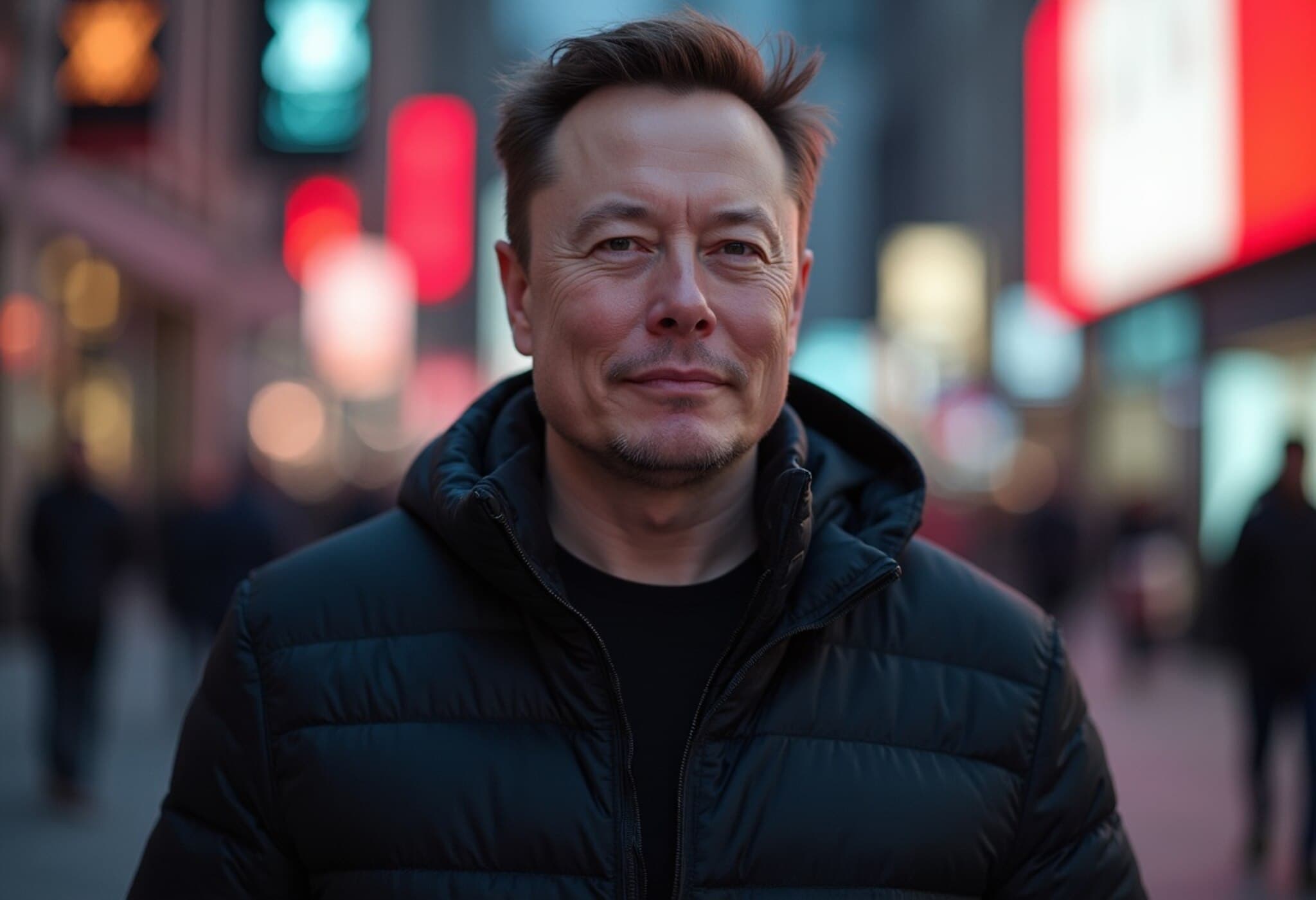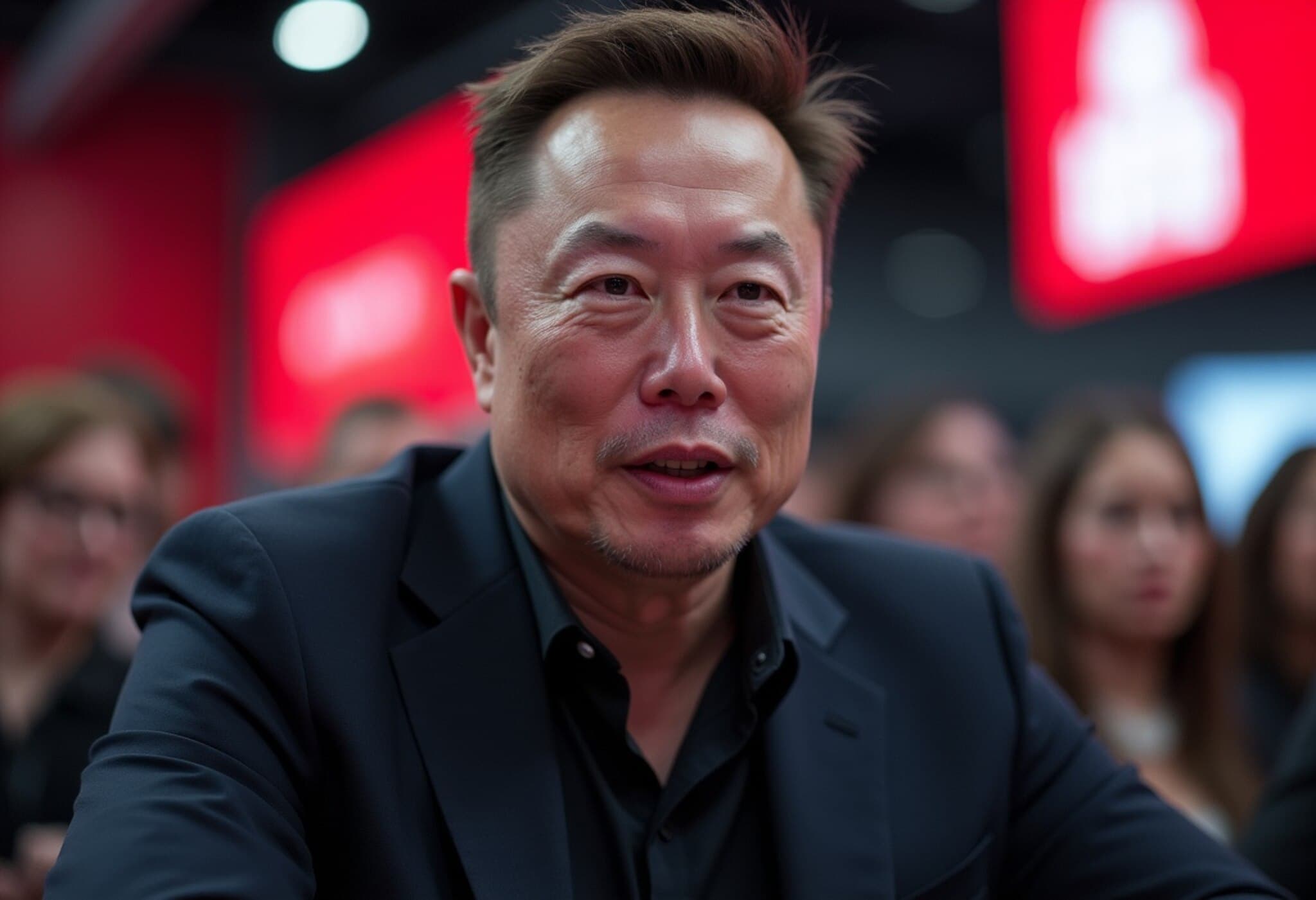Elon Musk’s Directive Shook Ukraine’s 2022 Counteroffensive
During a critical phase of Ukraine’s counteroffensive against Russian forces in late September 2022, Elon Musk, the billionaire entrepreneur behind SpaceX and Starlink, issued a directive that abruptly cut off Starlink satellite internet coverage in key regions including Kherson. This sudden blackout, confirmed by multiple sources familiar with the incident, hindered Ukrainian military communications and intelligence efforts at a moment of pivotal territorial advances.
Starlink Shutdown Impacted Communications on the Front Lines
According to three informed insiders, Musk instructed a senior SpaceX engineer in California to disable Starlink service across at least a hundred terminals in contested areas. The affected zones included strategic points such as Kherson and parts of Donetsk province—regions where Ukrainian troops relied heavily on Starlink connectivity for coordinating drone surveillance, artillery targeting, and frontline communications.
Ukrainian military officials and advisors reported that the blackout caused disarray in operations, with drone feeds disappearing and artillery fire becoming less precise. The order directly impeded an attempt to encircle Russian forces near Beryslav, causing the operation to stall and forcing Ukrainian troops into a more difficult battle.
The Geopolitical Stakes Behind the Shutdown
Experts suggest Musk’s intervention stemmed from apprehensions that Ukrainian advances—bolstered by Starlink—might provoke a nuclear escalation by Russia. These concerns echoed fears shared within U.S. intelligence circles regarding potential Russian retaliation.
This event marks one of the few documented moments where a private tech mogul’s unilateral decision influenced the dynamics of an active warzone, underscoring the unprecedented influence wielded by SpaceX through its global satellite network.
Starlink and the Growing Power of Tech Giants in Modern Warfare
SpaceX’s Starlink constellation has revolutionized battlefield communications, offering rapid, reliable internet connectivity in regions traditionally starved of satellite coverage. With nearly 8,000 satellites in low-Earth orbit by 2025, Starlink commands about two-thirds of all active satellites globally.
Its impact extends beyond Ukraine. Western militaries, including the UK and Spain, leverage Starlink for various purposes, from tactical uses to troop welfare. However, reliance on a single private provider raises concerns about concentrated power over critical infrastructure, as noted by British parliamentarian Martha Lane Fox.
Governments worldwide are vigilantly assessing the risks of depending on a private company whose decisions could potentially override national security interests.
Balancing Innovation with National Security
- Contractual Dependencies: The U.S. Department of Defense has over $22 billion in contracts with SpaceX, amplifying the stakes in ensuring uninterrupted service.
- Competition Emerges: Rivals like OneWeb and Amazon’s Project Kuiper are racing to develop alternative satellite internet networks, reflecting strategic efforts to diversify satellite services.
- Global Strategic Concerns: Countries like Taiwan and Italy are cautiously evaluating Starlink, wary of Musk's vast influence and the potential for data vulnerabilities.
The Ukrainian Experience: Reliance and Resilience
Since the early days of Russia’s 2022 invasion, Starlink has been instrumental for Ukraine’s digital and military lifelines. Donated terminals and funding from Poland, the U.S., and other allies have enabled Ukraine to maintain critical government functions and battlefield communications despite Russian cyberattacks.
Yet, Musk’s 2022 decision to cut service in strategically important zones highlighted the fragility of this reliance and raised questions about the intersection of private business decisions with international conflict.
Moving Forward: Navigating Private-Public Dynamics in Defense Technology
Ukraine is exploring satellite alternatives to complement Starlink but acknowledges the current limitations of these systems. The incident has sparked broader discussions on ensuring redundancy and security in satellite communications amid geopolitical tensions.
Additionally, Musk’s fluctuating posture—from funding the service at personal cost to publicly expressing concerns about escalation—reflects the complex role of private actors in state-level conflicts.
Expert Insights
Former NASA Deputy Administrator Lori Garver emphasizes the need for “contractual assurances” that services critical to national security remain uninterrupted. Meanwhile, defense analysts note the strategic advantages of low-Earth orbit satellites for modern warfare, including unmanned aerial vehicle operations, but caution against over-dependence on any single provider.
Conclusion
Elon Musk’s 2022 shutdown of Starlink coverage during Ukraine’s counteroffensive reveals the potent and sometimes unpredictable influence of private tech magnates in global conflicts. It serves as a wake-up call for governments worldwide to scrutinize their dependencies on private infrastructure in matters of national and international security.
Editor’s Note:
The interplay between private enterprise and global security is rapidly evolving. Musk’s control over Starlink’s infrastructure empowers an individual in unprecedented ways, raising vital questions about accountability, transparency, and the future of warfare. As technology further embeds itself within defense frameworks, governments must balance leveraging innovation with safeguarding sovereignty and resilience.

